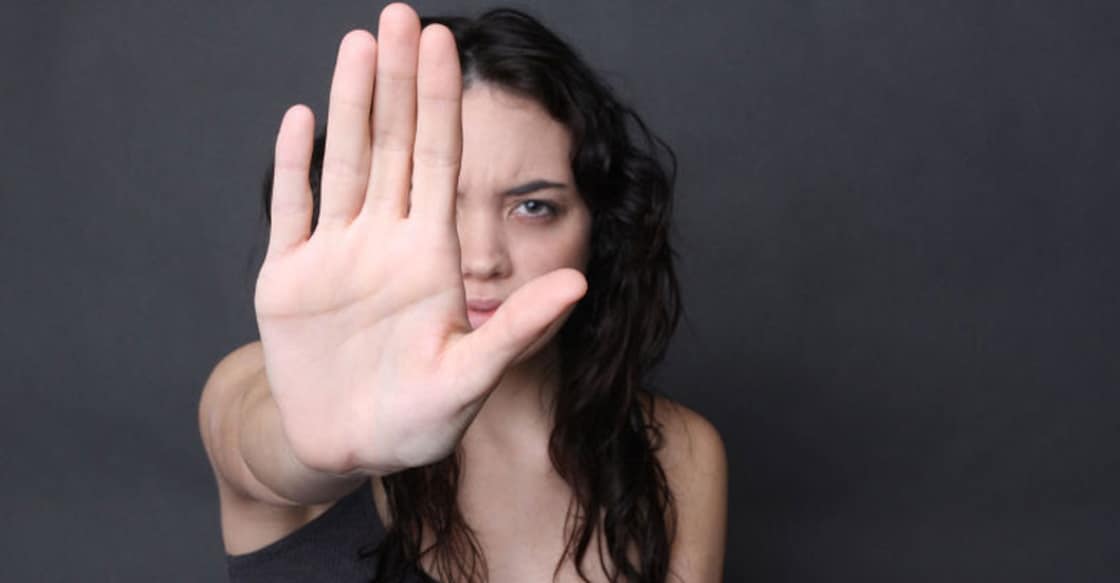#MeToo lifts the pall of fear and shame over harassments

Mail This Article
December 16, 2012 will forever be remembered as a day of shame and abhorrence in India.
The Nirbhaya incident that rocked the nation forever changed the socio-political scenario in a country, where such issues were a commonplace, and initiated one of its first mass movements. Thousands of young men, women and young adults rallied across villages and towns across India, demanding stricter laws, tighter reforms and an overall safer habitat for women.
In June 2018, India was officially deemed the world's 'most dangerous country for women,' by the Thomson Reuters Foundation Survey, due to its high risk of sexual violence against women. Almost 70 years into our independence, about 48.5 percent of our total population still live in fear and dread.
If the women's movement across various parts of the world in the 1920s was for the right to vote, today, nearly hundred years later, they are doing it for the right to remain safe, protected and unharmed. Call that progress?
Our communities and social construct have much to do with how gender is perceived and as to what is generally expected of a man and woman, at every phase of his or her life. Our perceptions revolve around boundaries set by our ancestry, religion and culture. Women have almost forever been considered naive and a subordinate while men assume the upper echelons as a 'leader,' and 'doer.'
Even while instances such as household and workplace harassment were common, there wasn't much that was being done to counter such advances by sex offenders at our homes, offices and religious circles, until the recent past. The ones that actually came out were often victims from spheres like the media, entertainment and politics. This is where the #MeToo campaign stood out.
Social media, being equally accessible by everyone, regardless of their age, gender or authority, became the carrier of a highly disruptive campaign. Sexual predators were now directly brought under broad daylight. Though an initial move was to naturally refute such allegations, multiple claims finally led to them being brought under media trial. Those offenders with power and influence now slowly had to step down from their high thrones, fearing public backlash and shaming.
When a woman says that she has been a victim, our immediate duty is to take her word as the whole truth. There are often three reasons why we would have to de facto stand with the accuser than the accused, according to Allen Piper, a senior political producer based in the US.
Firstly, sexual harassments happen all the time. The harassed has everything to loose and very little to gain. And the woman would find it extremely difficult to come forward and speak up of an incident so demeaning. The whole world had watched in horror when Dr Christine Blassey Ford walked into the American Senate Judiciary Committee, raised her right hand in pain and gave a stirring testimony against judge Brett Kavanaugh, whom the President still seems too keen on protecting.
The scenario isn't any different back home in our cinema industry, where we are often left to wonder as to whose side justice is really on. An insight into Mollywood in itself puts light on the inherent misogyny prevalent in our movies through the years.
From the vile hero who jokes a rape comment while creeping into the girl's room past midnight to steal a chain, to the lady lead herself slapping 'sex is not a promise' unabashedly on the hero's face; Malayalam movies still have come a long way. The Women in Cinema Collective is perhaps the first of its kind in India, challenging the so called elites in the industry.
Changes could initially begin from our homes. Our schools and colleges could teach and make the kids aware of a little more than 'good touch and bad touch.' Open houses could be called to discuss gender sensitive issues, unlike those held behind closed doors. Our boys and girls should be taught that comprise is never an option.
Most of the stigma dies away if the pall of fear and shame is lifted.


